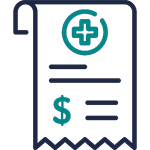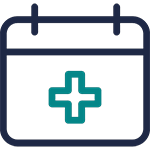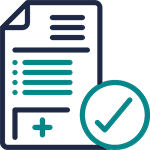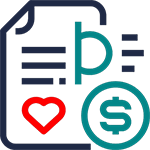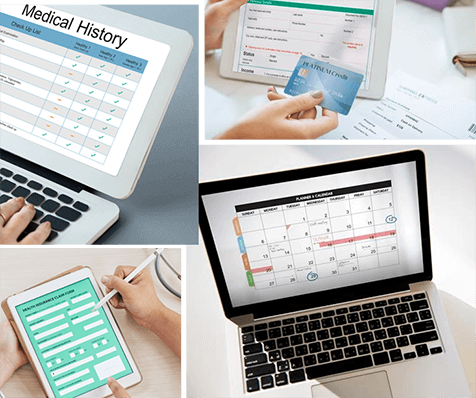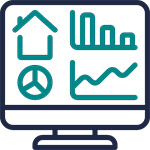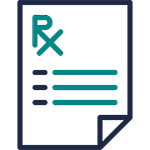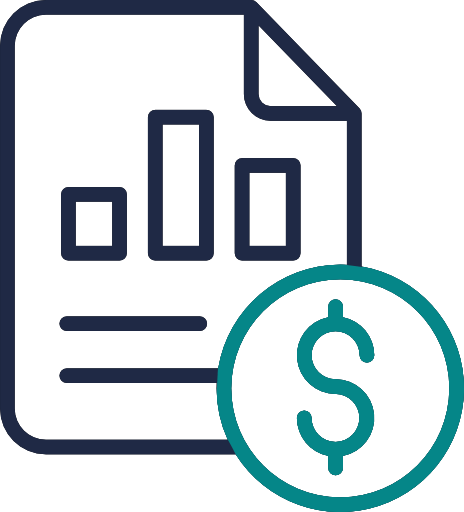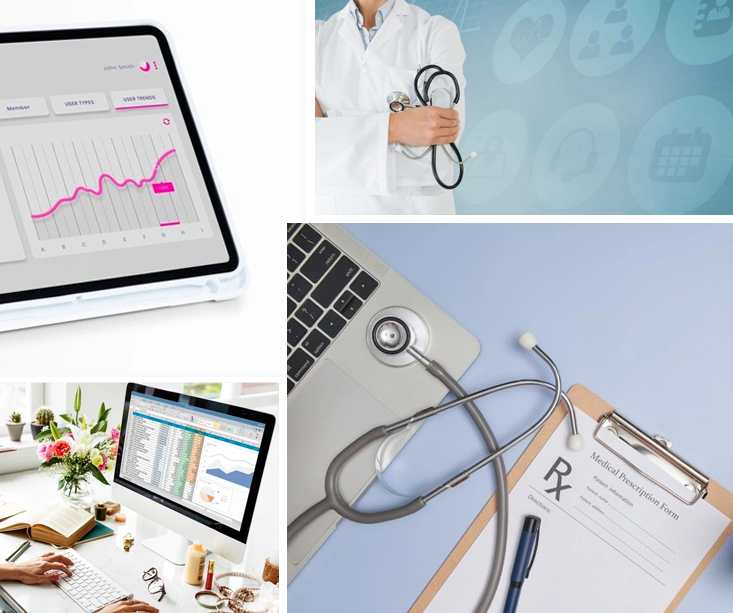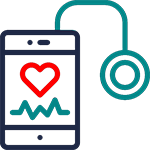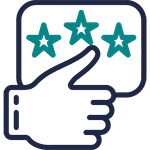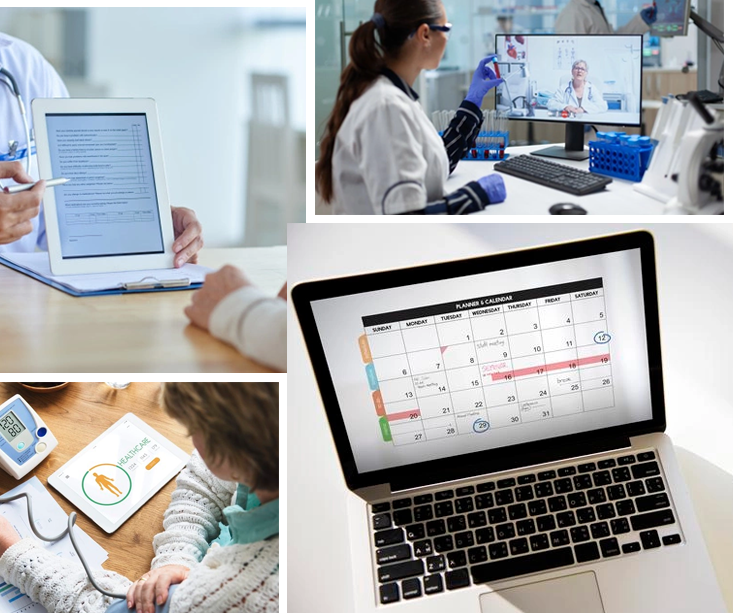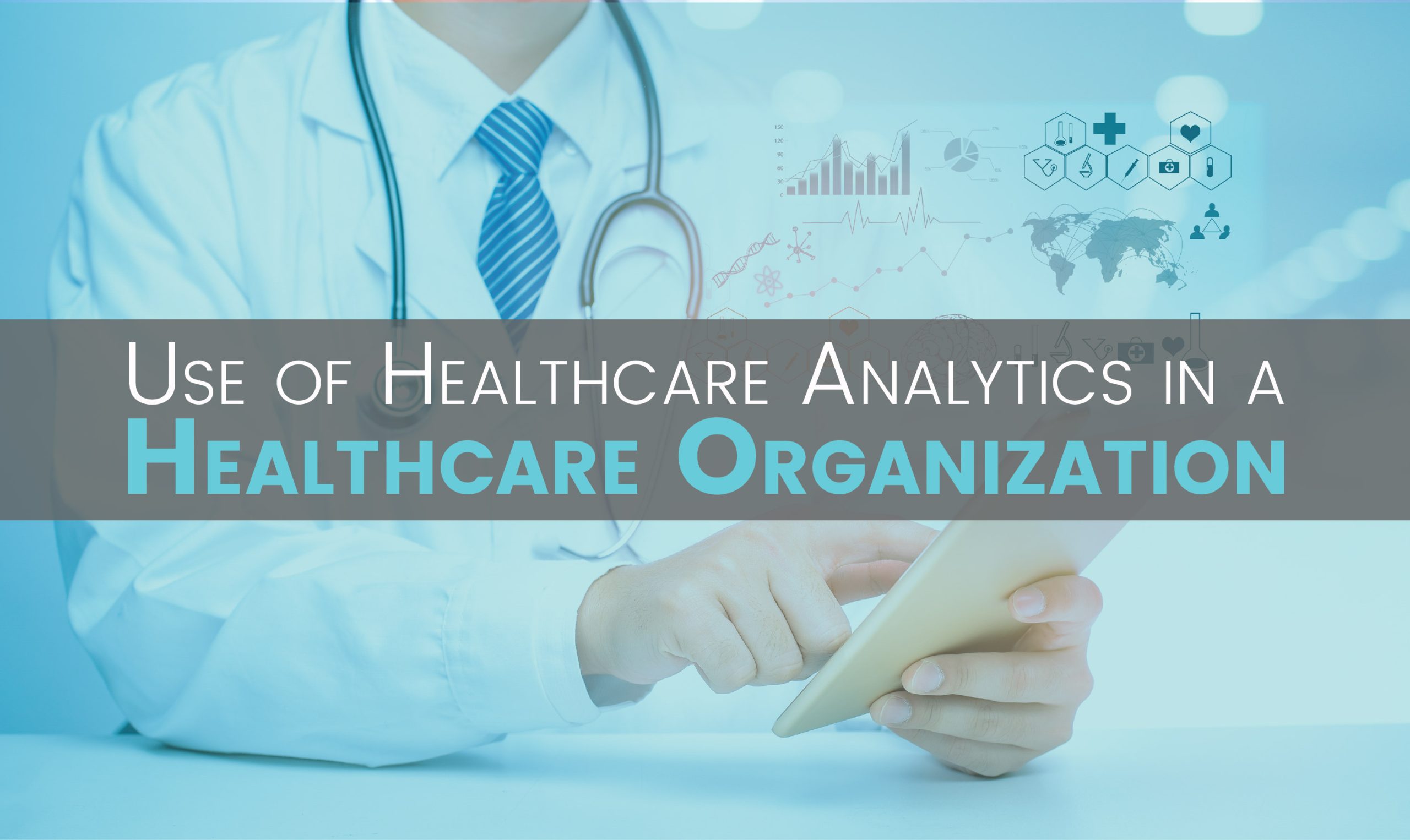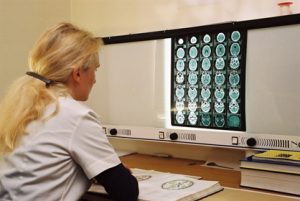As healthcare providers have become increasingly aware of the benefits of Healthcare Analytics in healthcare and the need to provide value-based care, they’ve had difficulty adjusting their existing models. The fee-for-service model was straightforward and efficient but lacked incentive in practice, with doctors receiving a minimal reward from it if attempted at all; this led many to wonder what would happen when patients began demanding more holistic treatment instead.
Importance of data analytics in healthcare is nothing that can be ignored. There are many ways that hospitals’ data analytics can help improve efficiency and day-to-day operations. With the value-based care model, hospitals must become more efficient by improving certain aspects of their business, like medication intake or patient flows through different departments within your facility. There’s also a need for better-informed decision-making about medical treatments because there may be risks involved if proper warning signs aren’t noticed until after surgery begins, which could lead up causing complications down the road. Data analytics in healthcare implementation enables medical providers to:
- Improve patient experience and outcomes by using data to improve the performance of quality care that’s backed up with information
- The combination of data analytics and healthcare enhances healthcare quality and satisfies patients by process automation like insurance processing and appointment making.
- Automated systems can provide better predictive analytics for at-risk patients, which lessens readmission rates.
Preventive Care
There are many types of healthcare data that help in preventive care. It is crucial because it can identify risk factors for diseases and conditions before they become more serious. For example, anyone who smokes cigarettes regularly will likely develop lung disorders such as COPD or cancerous lung cells!
Healthcare analytics makes this process easier by using data analysis to show which habits may increase your chances of getting sick. It compares with others without those behaviors – giving you an early warning sign so that preventive measures (like quitting) need not be taken later down the line when treatment becomes increasingly difficult.
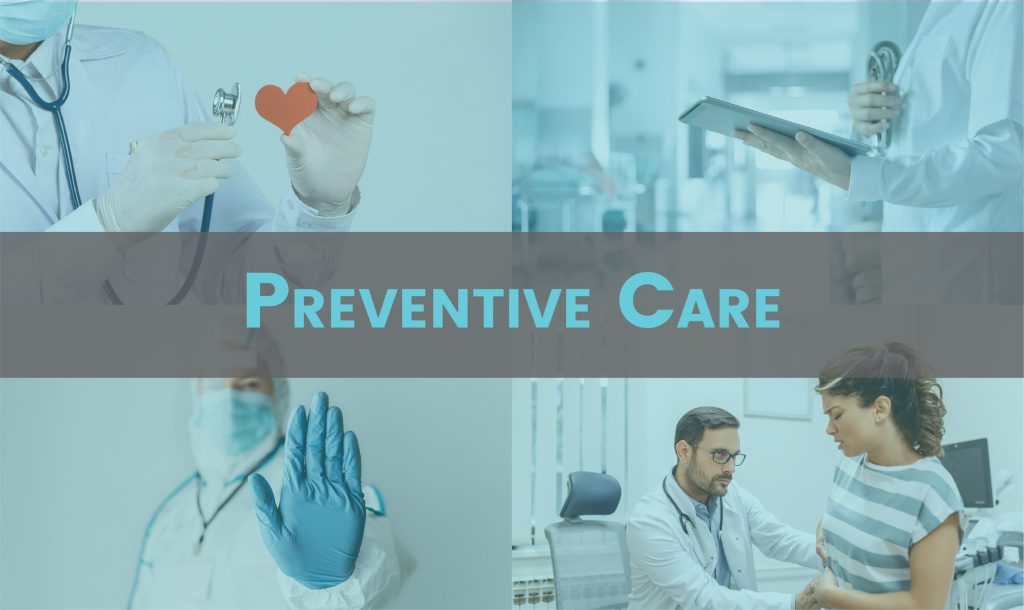
Staffing
Hospital and healthcare data analytics can help your hospital avoid staffing problems by analyzing months or years of admissions records. Not enough staff members lead to under-staffed conditions where patients aren’t given the care they need and deserve. Meanwhile, an overabundance will cost you more money than necessary due to higher expenses associated with maintaining too many employees when their skillset isn’t required on-site at any one time (and also a loss). The right type of information makes all aspects simpler – including managing people smarter.
Healthcare data analytics has the potential to improve wait time efficiency by identifying patterns and accurately predicting what admissions will be like at a hospital around 7-14 days in advance. This allows staff members who are needed during those times, such as radiologists or surgeons, to easily be scheduled accordingly without having too much left over on their plate when there aren’t many patients coming through reception Monday morning!

Patient Engagement Improvements
Healthcare professionals are using benefits of big data in healthcare to improve patient engagement and overall health. A large number of prospective patients wear smart devices that monitor their sleep patterns, heart rates, or steps taken. At the same time, they’re out on foot for doctors & physicians can access information about how this affects you physically at any given time through an app provided by your caregiver necklace/bracelet, respectively! This allows them to provide better care because we know what our bodies need and how much stress each activity brings with it. So there’s no guesswork involved in deciding whether something should be done differently next week – all uncertainty has been eliminated. Thanks.
The data sent from a wearable device to the physician can be used in many ways, such as identifying proper treatment plans and ensuring patients take steps toward correcting their symptoms. This means less time spent at doctors’ offices! It’s also possible for physicians to identify potential risks or problems with this information requiring personal attention on-site, which may allow preventive care to be administered before any issues arise further along the path.

Electronic Health Records
Due to its nature, healthcare analytics is used for electronic health records. These documents include even the most minor details about a patient’s care and medical history, as well as allergies or test results from previous visits that might help determine future treatment options if they are treated again at this institution.
A digital version will also document everything mentioned above. Still, more importantly, it can be accessed remotely, so you don’t have to file away those important memories in manuscripts scattered across different locations should something happen while away on leave!
There’s no need to worry about lost or incomplete records with electronic health databases. These single files make it easy to avoid duplicate information, reducing paperwork and saving time overall in the long run!
Electronic health records provide a single data source for all patients accessible by multiple providers and hospitals. This eliminates the need to send patient information from one medical facility back, saving time and reducing risk due to confusion over what information should go where when moving between facilities with different systems.
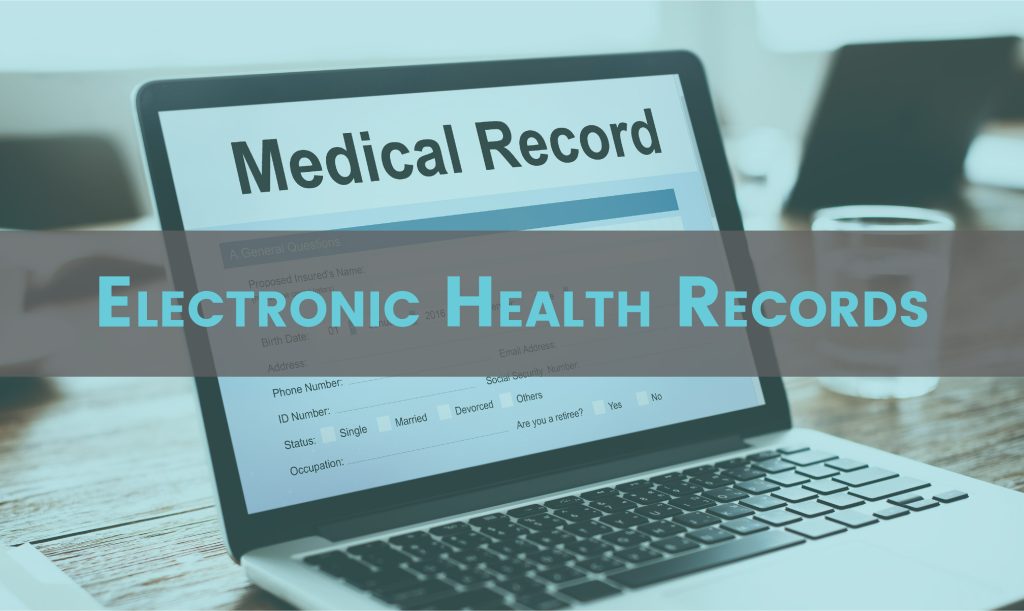
Conclusion
A Healthcare analyst is a person who must be there in every healthcare facility to improve the clinic’s progress. But many hospitals find it difficult to hire a resource for the position. That’s where GreenSense Billing is helpful. We provide healthcare reporting and data analytics services so that one can have an insight into the clinic’s operations and improve. Contact us for further queries.

